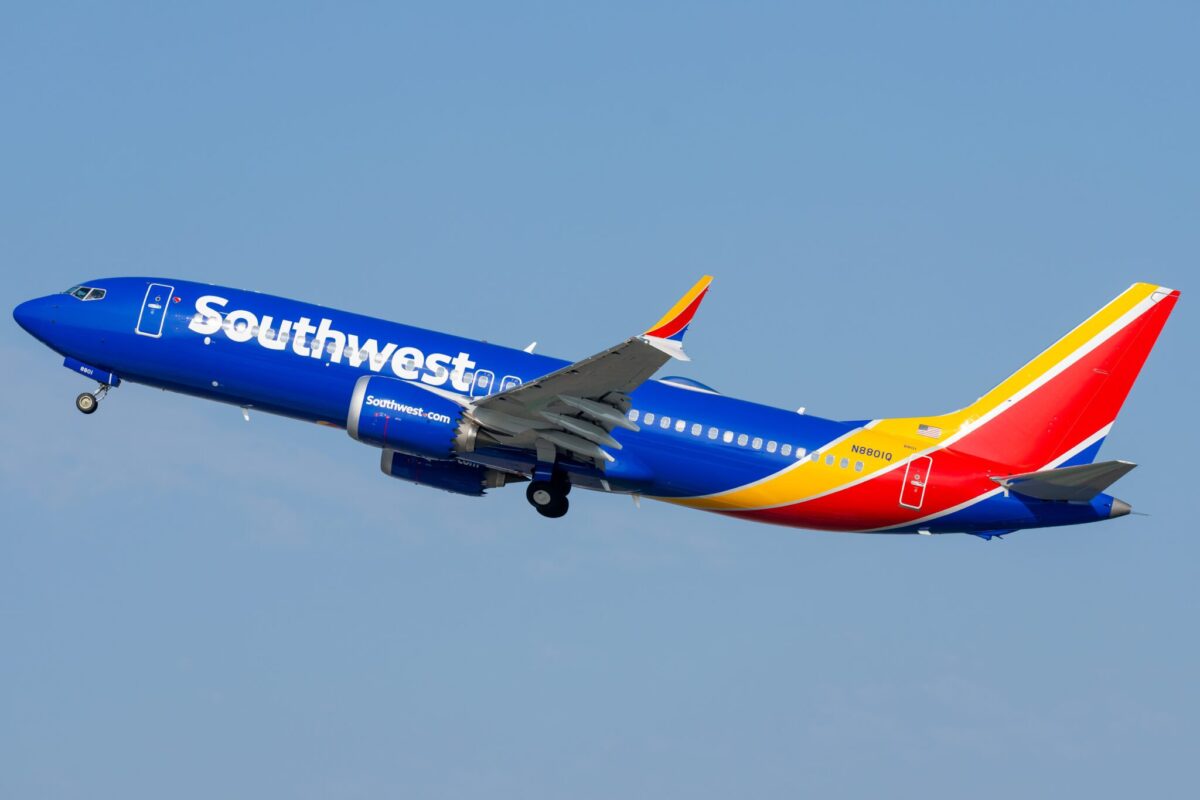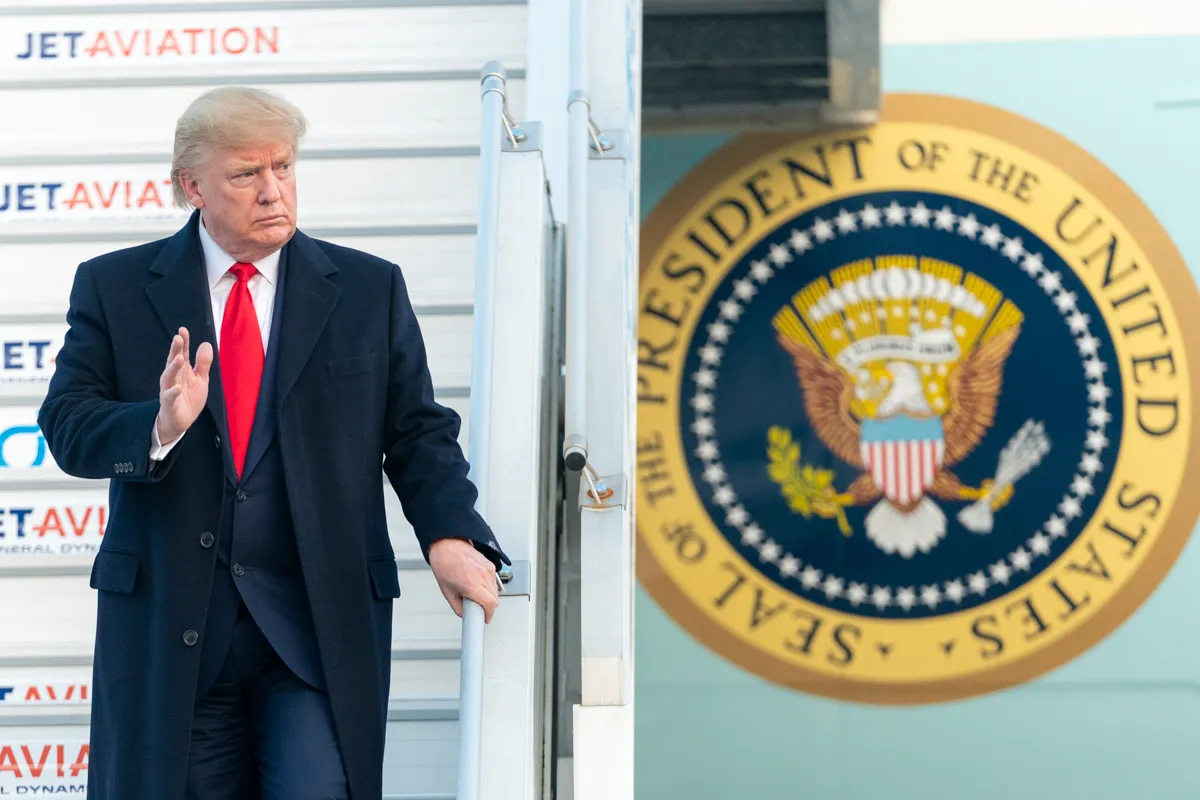How'd That Aviation Story Go Viral? Blame Artificial Intelligence
Skift Take
Here’s a secret for you: Even the best journalists know just a tiny fraction of what happens in a major airline’s operation.
We receive some tips, but we aren’t so plugged in that we know about every reservation system failure, celebrity meltdown, emergency landing, diversion, or go-around. So three years ago, when American Airlines started receiving phone calls from journalists about incidents that had just happened, no one from the airline knew why.
“We would have some sort of disruption and we would have 10 media calls within a matter of minutes,” American Airlines spokesman Ross Feinstein said. “We couldn’t figure out what was going on. We said, ‘Where are you getting this from?’ The timing was always odd. That’s when we realized, this was Dataminr.”
Dataminr is a company that uses artificial intelligence to mine Twitter for potentially newsworthy tweets, and alerts journalists and corporations. If a person with 12 followers witnesses a fight on an airplane and uploads video, Dataminr will find it almost immediately.
— Brian Sumers, Senior Aviation Business Editor [bss@skift.com, @briansumers]
Best of Skift
How Artificial Intelligence Determines What Airline Stories Go Viral: As a Dataminr executive told me, “There is no such thing as a secret now.” If it happens on an airplane and someone puts it on social media, it is bound to become news. By flagging noteworthy tweets, Dataminr helps drive the conversation.
Hawaiian Airlines Issues Warning About Fourth Quarter Revenue: For years, Hawaiian has quietly racked up big margins and profit. That seems to be ending, amid new competition on North America routes. The good news is that Hawaiian diversified its network under former CEO Mark Dunkerley, who pushed it to grow in Asia and Australia. Will that be enough?
Returning to Supersonic: One Company’s Plan to Go Back to the Future: You don't hear many airline executives get excited about supersonic travel. Most carriers seem content to stick with what has worked for decades. But a few forward-thinking companies want to bring back ultra-fast travel. Skift contributor Colin Nagy writes about one of them, and asks how close it is to bringing its ideas to market.
Royal Air Maroc Joins Oneworld Alliance to Bolster Africa Reach: The three major alliances haven't attracted many new members in recent years for a couple of reasons. First, most of the biggest airlines already belong to one. And second, the alliances aren't as strong as they once were, so unaffiliated carriers have few reasons to join. But there are always exceptions, and last week Royal Air Maroc became Oneworld's first new member in several years. Skift contributor Grant Martin has the story.
Lufthansa Ratchets Up Pressure on Sabre Over Distribution: Lufthansa Group has been engaging in a multi-front strategy to pressure Amadeus, Travelport, and Sabre to conform more to its preferred airline distribution practices. Skift's distribution guru, Sean O'Neill, breaks down what it means.
Travel Advisors Warn U.S. Clients to Get Ready for Real ID Deadline: It's finally (almost) here. Beginning in 2020, U.S. flyers will be required to present a passport or Real ID-compliant drivers license or state identification card. Of course, that deadline has been pushed back many times over the past decade.
Best of The Rest
Virgin Atlantic Looked at Launching a Low-Cost Airline: One thing I've learned covering aviation is that all airlines study almost everything. I'm not surprised Virgin Atlantic looked at creating a low-cost carrier. But I'm also not surprised it decided against it. Delta Air Lines, one of its investors, doesn't think much of the airline-within-an-airline concept. "It never really felt in keeping with what we do, with our brand and our ethos after 34 years as a full-service carrier,” Virgin Atlantic CEO Craig Kreeger said, according to Bloomberg.
Planned Milan-to-California Flights Mean Qatar Airways Violates Deal, U.S. Airlines Say: We hadn't heard much recently from the Partnership for Open & Fair Skies, the U.S. airline-funded group that complains about unfair competition with the three largest Gulf carriers. But with Air Italy expanding its U.S. network, the partnership is again making news. The problem? Air Italy is 49 percent owned by Qatar Airways, and some say folks in Doha are calling the shots. Ted Reed of Forbes has details.
What's Next for American Airlines 5 Years After Its Merger: American is probably the weakest of the big three U.S. global airlines on operational and financial metrics. Is this structural? Or is it because American was the last of the three to merge with a big competitor? This month, American is celebrating five years since the close of its US Airways merger, which is not a long time. Delta just celebrated the 10th anniversary of its tie-up with Northwest Airlines. Conor Shine of the Dallas Morning News asks where American goes next.
Malaysia Airlines Drops First Class, Rebranding It as Business Suites: In an interesting move, Malaysia will stop offering first class, but keep the seats and the service, selling it as a super business class. What's the rationale? "We realize that with the recent economic situation, a lot of people have moved away from first class, and a lot of corporate passengers now have the limitation of not flying first class [due to] corporate policy, so we want to cater to that market and open it up,” an airline executive told Australian Business Traveller.
Contact Me
Skift Senior Aviation Business Editor Brian Sumers [bss@skift.com] curates the Skift Airline Innovation Report. Skift emails the newsletter every Wednesday. Have a story idea? Or a juicy news tip? Want to share a memo? Send him an email or tweet him.





